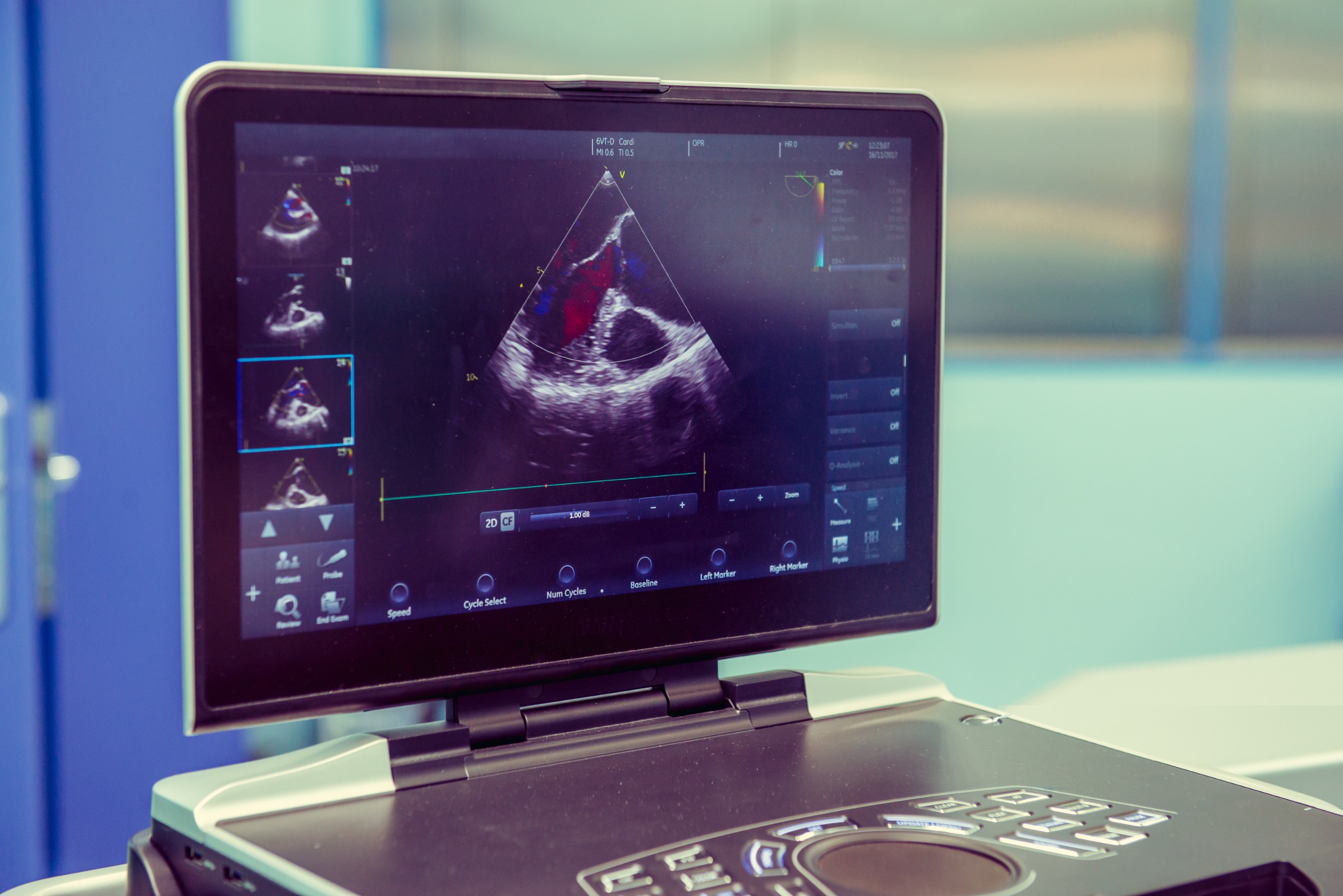AI Automatically Diagnoses Severe Heart Valve Disease from Ultrasound Scans
Posted on 28 Aug 2023
Severe aortic stenosis, also known as AS, is a common valvular heart disease, especially among older adults, resulting from the narrowing of the aortic valve. Timely identification can enable interventions that alleviate symptoms and mitigate the risk of hospitalization and premature mortality. Doppler echocardiography, a specialized heart ultrasound imaging technique, is the primary test for identifying AS. Now, researchers have developed a deep learning model capable of automatically identifying severe AS using simpler heart ultrasound scans.
The technology, developed by researchers at the Yale School of Medicine (New Haven, CT, USA), was based on 5,257 studies comprising 17,570 videos conducted between 2016 and 2020. The model's accuracy was externally validated using an additional 2,040 consecutive studies from various cohorts. This research facilitates the early detection of AS, enabling patients to receive timely medical attention, and could have implications for routine clinical care.

“Our challenge is that precise evaluation of AS is crucial for patient management and risk reduction,” said Rohan Khera, MD, MS, the study’s senior author. “While specialized testing remains the gold standard, reliance on those who make it to our echocardiographic laboratories likely misses people early in their disease state.”
“Our work can allow broader community screening for AS as handheld ultrasounds can increasingly be used without the need for more specialized equipment. They are already being used frequently in emergency departments, and many other care settings,” added Khera.
Related Links:
Yale School of Medicine














